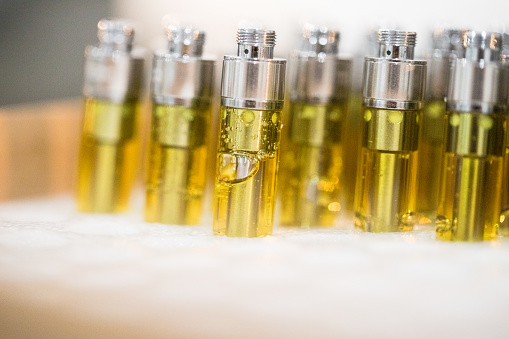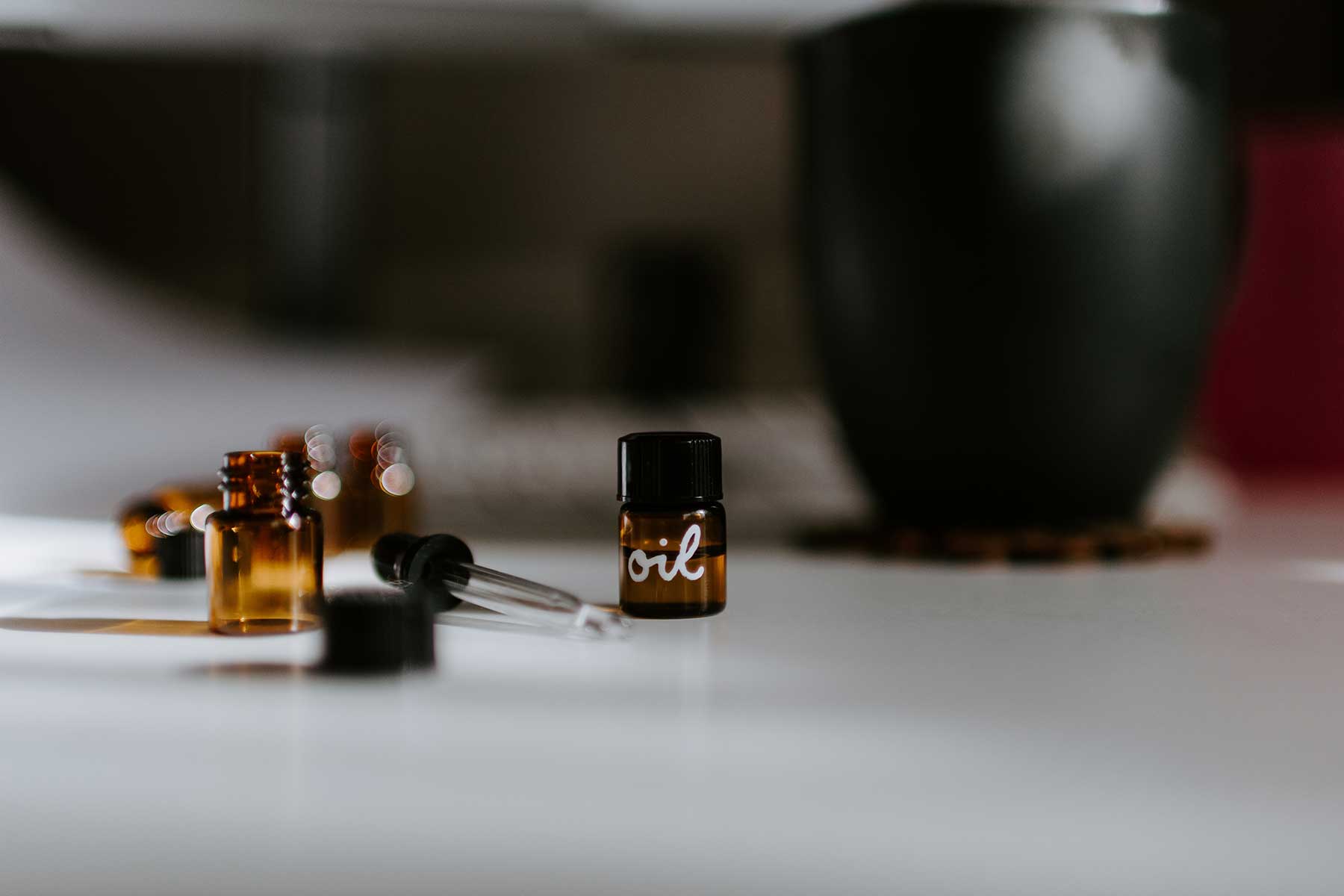Have you ever wondered how you can ease your stress naturally? Aromatherapy might be the answer you’re looking for. This simple, age-old practice involves using natural plant extracts, known as essential oils, to promote health and well-being. It’s more than just pleasant scents; these oils can have a powerful impact on your mind and body.
Stress is a common part of life, but when it gets too much, it can affect your health. It can make you feel anxious, disrupt your sleep, and even lead to physical problems. That’s where aromatherapy comes in. It offers a gentle yet effective way to manage stress. By inhaling these oils or using them on your skin, you can tap into their soothing properties.
In this article, you’ll explore how aromatherapy can be a tool in your stress relief toolkit. You’ll learn about different essential oils, how they work, and practical ways to incorporate them into your daily life. Whether you’re new to aromatherapy or looking to deepen your knowledge, this guide will help you discover how these natural wonders can bring calmness and balance to your hectic life.
Essential Oils
When you dive into the world of aromatherapy, the first thing you encounter is essential oils. These are not just any fragrant liquids but are the essence of plants, capturing their scents and benefits in a concentrated form.
There are a few essential oils you’ll often hear about in aromatherapy circles:
- Lavender: Known for its calming properties, it’s a go-to for relaxation.
- Peppermint: Refreshing and energizing, it can help clear your mind.
- Eucalyptus: Its sharp, clean scent is great for deep breathing and clarity.
- Tea Tree: A powerful oil known for its purifying qualities.
- Chamomile: Just like the tea, chamomile oil is soothing and gentle, perfect for unwinding.
The way essential oils are made is pretty interesting. Most of the time, they’re extracted through a process called distillation. Here’s how it works:
- Steam Distillation: Steam is used to release the oil from the plant material. This steam, carrying the oil, is then cooled down to separate the oil and water.
- Cold Pressing: Mainly used for citrus oils, this method involves pressing the fruit to release the oil.
Each method makes sure that what you get is pure and potent.
Unique Properties of Essential Oils
Each oil has its own special properties. For instance, lavender is not just nice-smelling; it contains compounds that can actually help your brain relax. Peppermint, on the other hand, is invigorating and can give you a mental boost.
Now, you might wonder how smelling these oils can help with stress. It’s all about the science of smell and your brain. When you inhale the aroma of an essential oil:
- Your Nose Works: Your sense of smell picks up the scent and sends signals to your brain.
- Brain Reacts: These signals reach the limbic system, the part of your brain that deals with emotions.
- Feel Different: This interaction can change how you feel. For example, lavender can make you feel more relaxed, while peppermint might make you feel more alert and focused.
Methods of Using Aromatherapy for Stress Relief
Aromatherapy can be a simple and effective way to help you manage stress. It involves using essential oils in various ways to create a sense of calm and relaxation. Let’s explore how you can use these oils and some tips to do it safely.
- Using a Diffuser: This is a popular way to enjoy essential oils. You add water and a few drops of your chosen oil to the diffuser, and it releases a fine mist into the air. It’s a great way to fill your room with calming scents.
- Topical Application: You can apply essential oils directly to your skin. However, it’s important to dilute them with a carrier oil like coconut or almond oil to avoid skin irritation.
- Inhaling Directly: Simply take a few deep breaths while holding the bottle under your nose. This method is quick and effective, especially if you need immediate stress relief.
- Adding to Bathwater: Add a few drops of essential oil to your bathwater for a relaxing soak. It’s a two-in-one benefit – you get the calming effects of the warm bath and the essential oils.
Safety Tips and Best Practices
When using essential oils, safety comes first:
- Dilute Before Applying: Essential oils are potent. Always dilute them with a carrier oil before applying to your skin.
- Test for Allergies: Apply a small amount on your wrist and wait for 24 hours to check for any allergic reaction.
- Avoid Sensitive Areas: Never apply essential oils near your eyes, inside your nose, or on any sensitive skin areas.
- Use in Ventilated Spaces: Especially when using a diffuser, make sure the room is well-ventilated.
Personalizing Your Aromatherapy Experience
Remember, what works for someone else might not work for you. Here’s how you can personalize your aromatherapy experience:
- Find Your Scent: Try different essential oils to see which scents you prefer. You might find that some scents are more calming for you than others.
- Consider Your Needs: If you need help sleeping, lavender might be a good choice. For a quick pick-me-up, citrus oils like orange or lemon can be great.
- Listen to Your Body: Pay attention to how your body and mind react to different oils. This will help you understand what works best for you.
Aromatherapy and Stress
Aromatherapy is more than just a pleasant experience; it has real benefits backed by research. In this section, you’ll learn about some key studies that show how effective aromatherapy can be for stress relief.
- Lavender Oil for Sleep and Anxiety: A study found that lavender oil can significantly improve sleep quality and reduce anxiety levels. Participants who used lavender oil before sleep reported feeling more refreshed and relaxed.
- Peppermint Oil for Mental Clarity: Research suggests that peppermint oil can help improve mental clarity and reduce fatigue. In a study, subjects who inhaled peppermint oil felt more alert and performed better on cognitive tasks.
- Eucalyptus Oil for Stress Reduction: Eucalyptus oil has been studied for its ability to reduce stress. Participants in a study experienced lower levels of stress and improved mood after using eucalyptus oil.
Cannabis and Aromatherapy
In recent times, CBD and Delta 8 have gained attention in the world of aromatherapy. These compounds, derived from hemp plants, offer unique benefits that can enhance your aromatherapy experience. Let’s explore how they fit into aromatherapy and what you should know about using them.
CBD (Cannabidiol) and Delta 8 are compounds found in cannabis plants but don’t worry, they’re different from the part that makes people feel ‘high’. They’re known for their relaxing and stress-relieving properties. When combined with aromatherapy, these properties can be amplified, offering you a more profound sense of calm.
You can use CBD and Delta 8 oils in several ways in your aromatherapy routine:
- Diffusing: Some diffusers are designed to work with CBD oils. By diffusing CBD oil, you can create a calming atmosphere in your room.
- Topical Application: Mix CBD or Delta 8 oil with a carrier oil and apply it to your skin. It’s a great way to target specific areas where you might feel tension.
- Inhalation: Just like traditional essential oils, you can inhale CBD or Delta 8 oils directly from the bottle or by placing a few drops on a cloth.
Benefits of Using CBD for Stress Relief
- Relaxation: Both CBD and Delta 8 are known for their ability to promote relaxation, which can be a huge help if you’re dealing with stress.
- Improved Sleep: Many people find that using CBD or Delta 8 helps them sleep better, which is crucial for managing stress.
- Mood Enhancement: These oils can also have a positive effect on your mood, making you feel more at ease and less overwhelmed.
Considerations When Using CBD/Delta 8
- Legal Status: Be aware of the legal status of CBD and Delta 8 in your area, as it can vary.
- Quality Matters: Always choose high-quality, lab-tested products to ensure safety and effectiveness.
- Start Slow: If you’re new to these oils, start with a small amount to see how your body reacts.
Embracing Aromatherapy for a Stress-Free Life
Aromatherapy is a natural way to ease stress. It’s simple, yet effective. Using essential oils like lavender, peppermint, or even CBD oils can make a big difference in how you feel. They can help you relax, sleep better, and even improve your mood.
Give aromatherapy a try. It’s a small step that could lead to a big change in managing your stress. Remember, the key is to find what works best for you and enjoy the journey to a more relaxed life.




